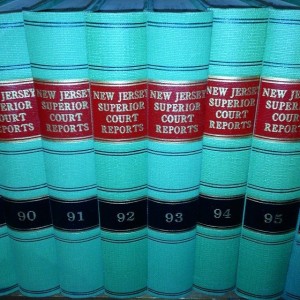Definitions for Prostitution, N.J.S.A. 2c:34-1
Definitions for Prostitution
 The New Jersey Code of Criminal Justice provides the following definitions for prostitution.
The New Jersey Code of Criminal Justice provides the following definitions for prostitution.
Prostitution is
- sexual activity with another person in exchange for something of economic value, or
- the offer or acceptance of an offer to engage in sexual activity in exchange for something of economic value.





